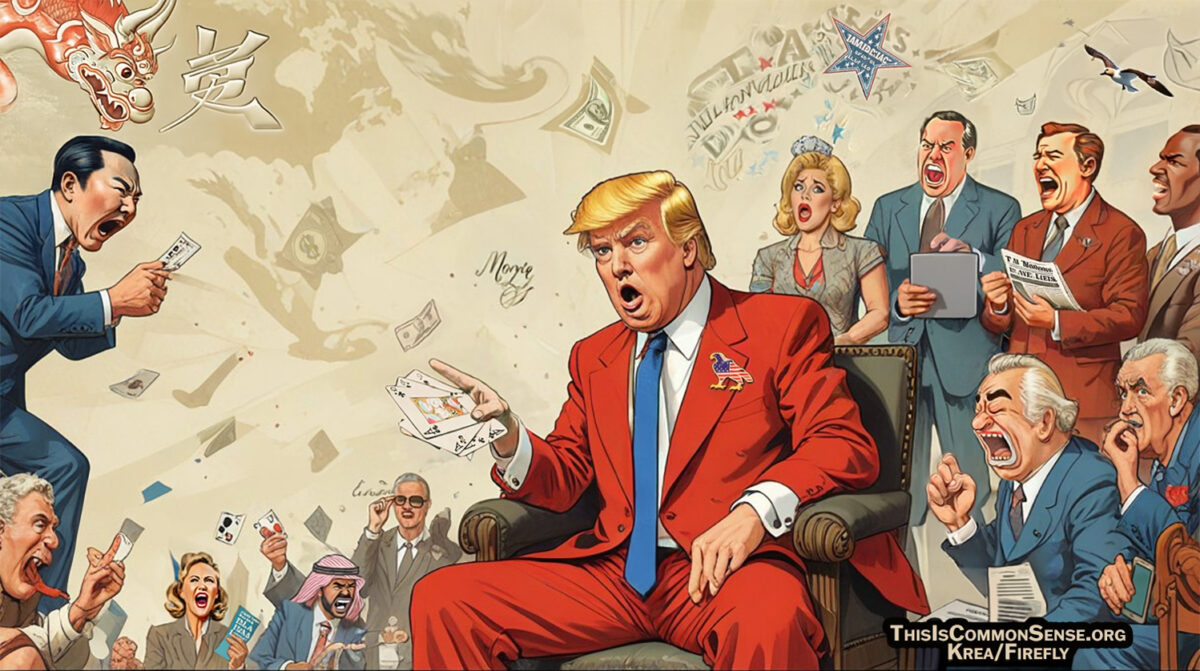The murders of Rob Reiner and his wife — allegedly by their son, Nick — were horrific enough. But because the elder Reiner was, in rallies and interviews and on social media, a spittle-flecked progressive who said vile things about his opponents, including the current resident of 1600 Pennsylvania Avenue, it was inevitable that President Donald Trump’s reaction would fail to serve as a stellar example of gracefully acknowledging the death of a
public figure.
After calling the fatal knife attack a “sad thing” but before exclaiming “May Rob and Michele rest in peace,” Trump made the incident about himself.
The butchery, he asserted, “reportedly” was the result of “the anger he caused others through his massive, unyielding, and incurable affliction with a mind crippling disease known as TRUMP DERANGEMENT SYNDROME, sometimes referred to as TDS.” Trump referred to Reiner’s “raging obsession” and “paranoia” that reached “new heights as the Trump Administration surpassed all goals and expectations of greatness, and with the Golden Age of America upon us, perhaps like never before.”
More extreme than Rob Reiner’s derangement may be Trump’s own.
But the actor and director, in his heyday, also demonstrated some difficulty assessing his public persona honestly. Reiner never seemed to realize that he became the “Meathead” he played (maybe with only inadvertent satire) on All in the Family in the 1970s.
Some folks find it hard to condemn Trump for being petty and political upon Reiner’s death when that seemed to be precisely what Reiner was upon, say, Rush Limbaugh’s.
Both Reiner and Trump inhabit the “loudmouth” camp of public rhetoric, using strong condemnatory language and a reliance on over-statement when railing against their opponents. At death, do loudmouths deserve less honor?
The acceleration of history being what it is, perhaps, “too soon” no longer sticks as a useful censure when it comes to gallows humor and double-murder indecency.
This is Common Sense. I’m Paul Jacob.

Illustration created with Nano Banana and Firefly
See all recent commentary
(simplified and organized)
See recent popular posts









